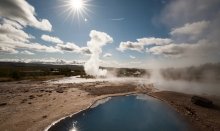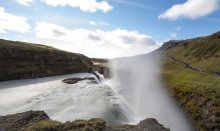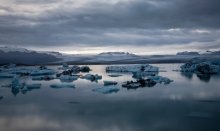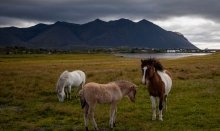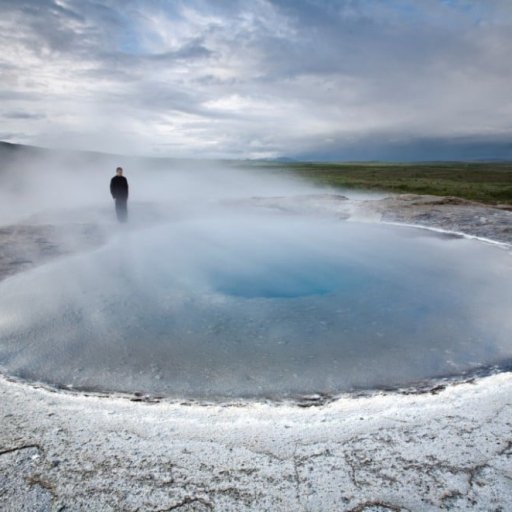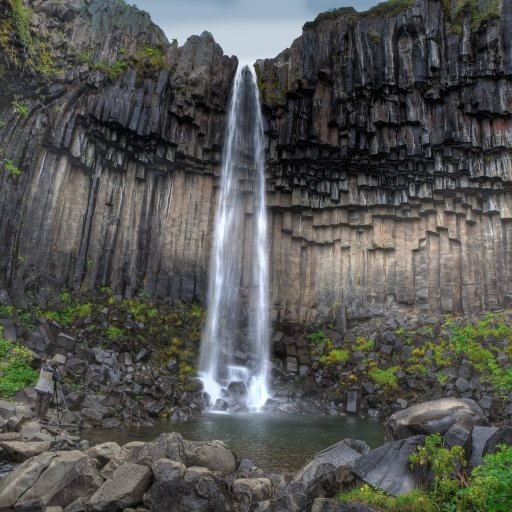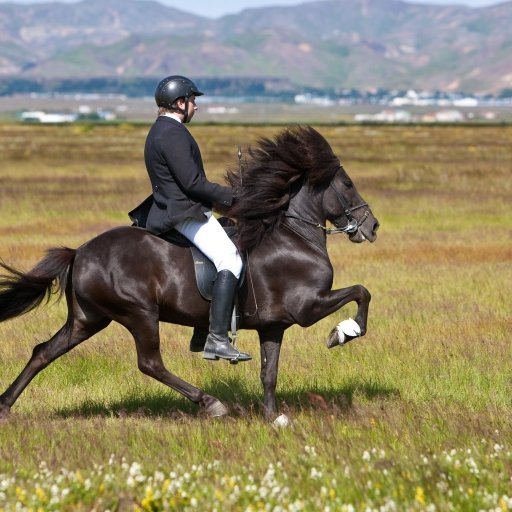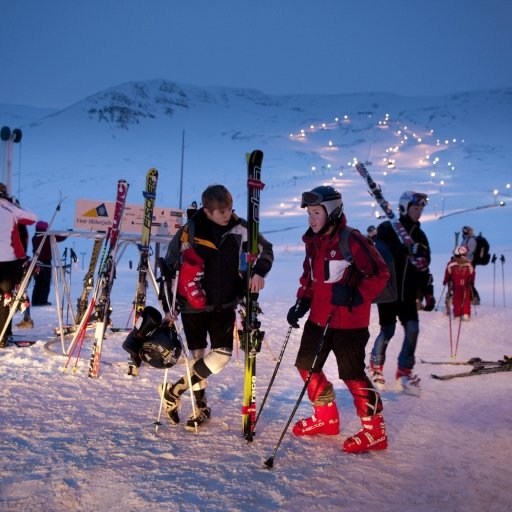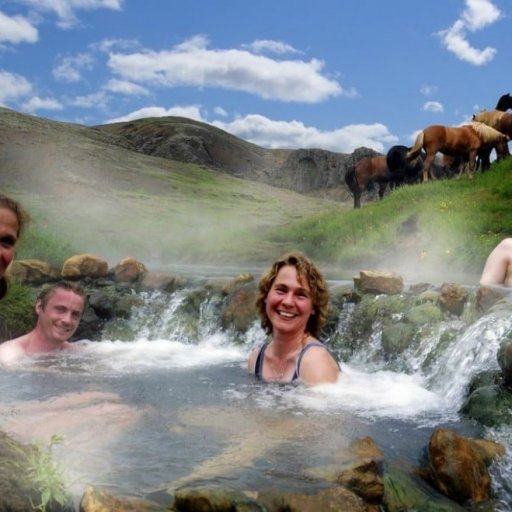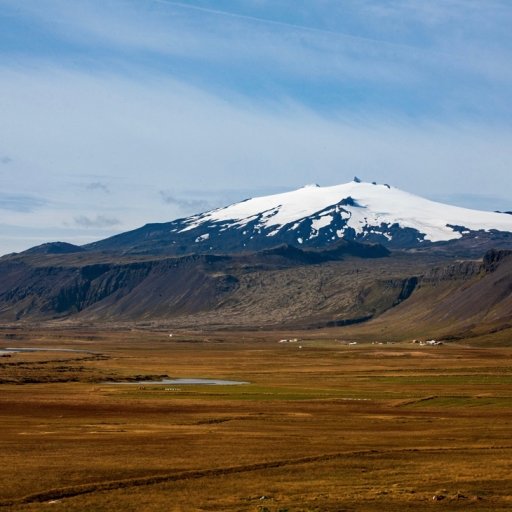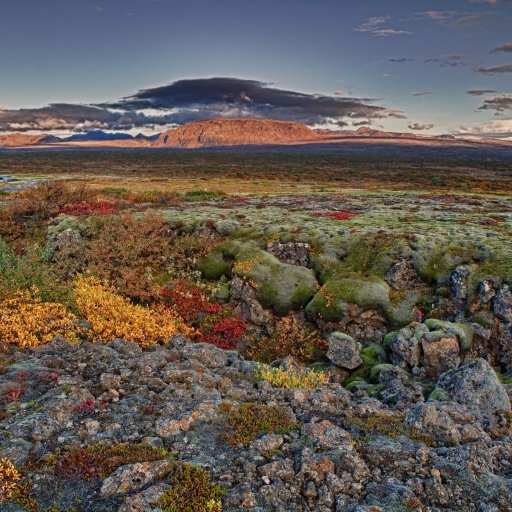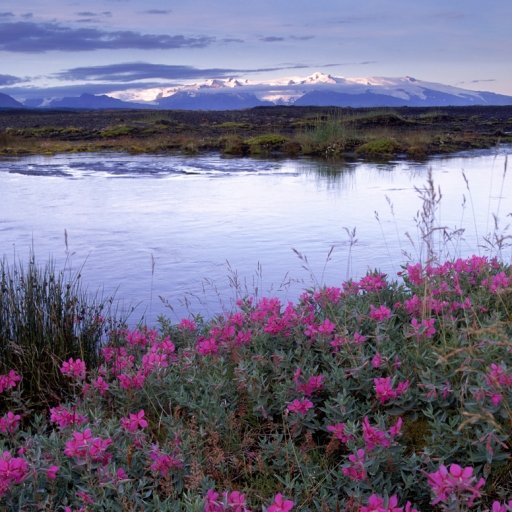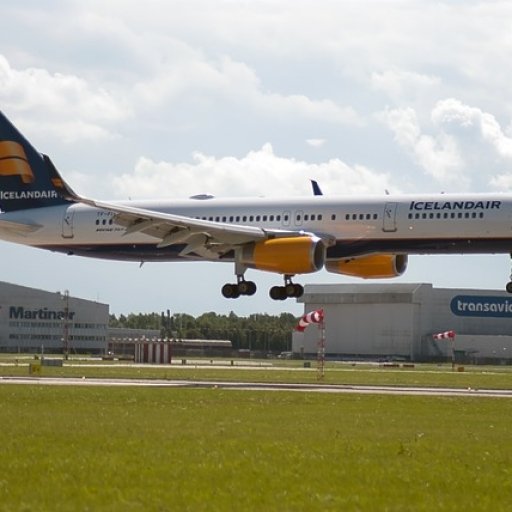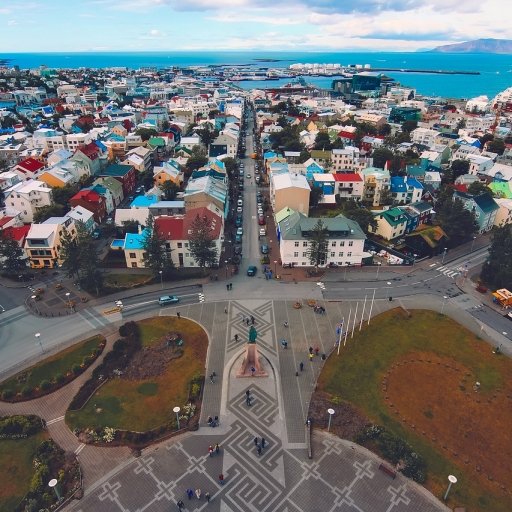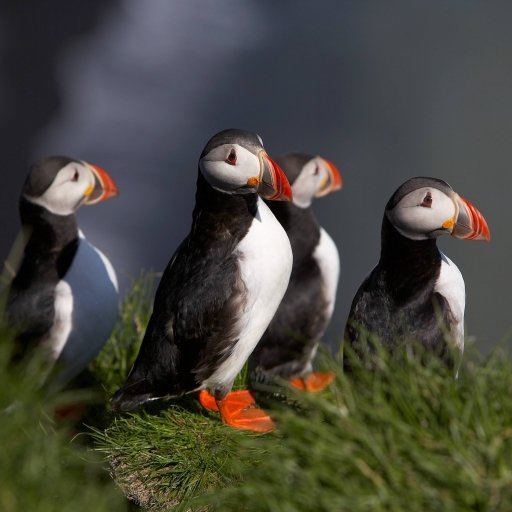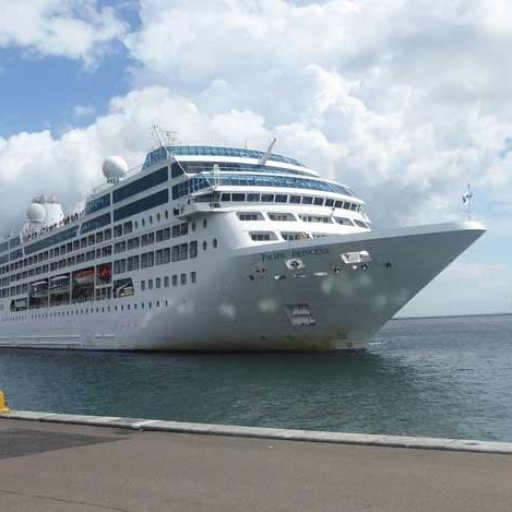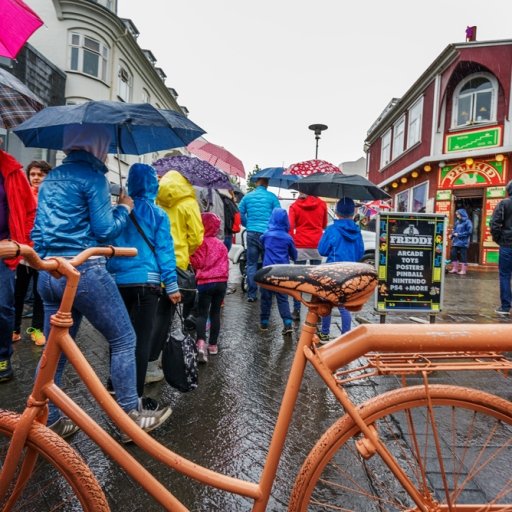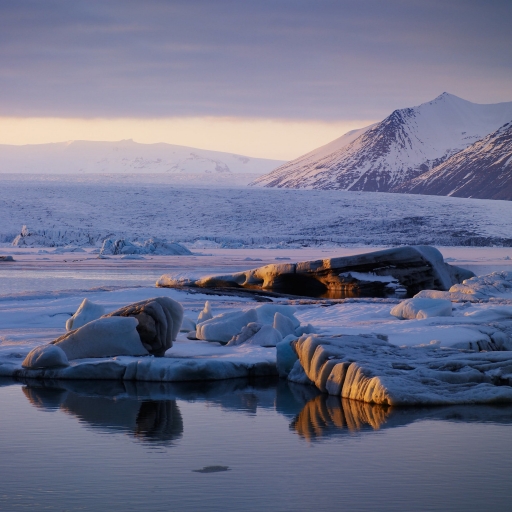Travel guide to Iceland
Iceland is volcanically active with many geological marvels. Some of the highlights are the northern lights, geysers and mountains, lava fields, glacial rivers that flow down to the sea and hot springs that supply much of the country’s heating.
Iceland is a Nordic country covering an area of just over a hundred thousand square kilometres between the Arctic and North Atlantic oceans. Iceland is home to just three hundred and twenty-five thousand people.
There`s more to Iceland than just Reykjavik—you can discover experiences all over Iceland, including volcanoes, glaciers, and beautiful waterfalls.
About Iceland
Iceland is close to the Arctic circle in the North-Atlantic ocean, and Iceland`s population is relatively tiny, with 357.000 (2019) citizens. Thanks to the Gulf Stream, Iceland has a temperate climate which means mild winters and refreshing summers.
Iceland has become one of the fastest-growing tourist destinations in the world over the last decade. Fish and fish products are still Iceland's most important revenue sources, followed by aluminium and iron silicon exports.
In recent years, Iceland has experienced growth in sectors like biotechnology, software, and tourism, and tourism is today just as big as the fishing industry.
One of the country's sources is geothermal energy. Grímsvötn volcano sits directly beneath the icecap and has a complex of calderas, about 6 - 8 km in area, and a subglacial caldera lake sustained by geothermal heat.
People and culture in Iceland
Many Icelanders can trace their ancestors back to the Viking Settlement around 900 AD, and there has since been low immigration.
Iceland is a young republic (from 1944) with a directly elected president. It does not mean that Iceland has a rich and exciting history. The Icelandic Sagas are world-famous, and it is recommended to know about Icelandic traditions, culture, and architecture, due to the many attractions and museums, especially in the capital Reykjavik.
The Icelandic people live in harmony with their beautiful nature but also appreciate having a high quality of life where there is time for family, friends and leisure activities. Icelanders love to share the beautiful nature of their outdoor activities like horse riding or swimming in the hot thermal bath.
The Icelandic people are well known for having a laid-back approach to life, and their first name knows everybody. Iceland is a nation with self-confidence because of the battle for survival against the elements such as earthquakes and volcanic eruptions.
Unique nature experiences in Iceland
If you have the time and possibility to visit Iceland, don`t hesitate. The adventure offers are endless, and the connection to Iceland becomes more comfortable.
There are some incredible natural phenomena to visit in Iceland. Whales can be seen from various places in the country, and whale-watching tours are popular, as are tours to visit the many geysers, underground springs and thermal pools around the island.
See more: Whale safaris in Iceland
Most of the terrain consists of volcanic areas covered by lava fields and glaciers. Active volcanoes like Hekla and Katla are a part of the volcanically active zone that runs through the country from northeast to southwest.
In these geothermal areas, you can find geysers, waterfalls, hot springs, mud springs, and black-sand beaches. Grindavik Blue Lagoon offers visitors the chance to bathe in a geothermal spa.
Vatnajökull is the biggest icecap in Europe, bigger than the rest of Europe`s ice caps. Most of the country is covered by lava fields, ice caps, and deserts, and 70% is uninhabitable.
Landmannalaugar is popular for its otherworldly landscape of lava fields, multi-coloured rhyolite mountains, and the Hekla volcano.
Northern Lights in Iceland
Iceland is one of the best places in the world to see the Northern Lights at 65° N on the southern edge of the Arctic Circle,
From mid-September to mid-April, the famous Northern Lights or Aurora Borealis can be viewed in more locations.
See also: Unique Northern Light experiences
Midnight Sun in Iceland
Iceland is also the land of light, with long summer days and nearly 24 hours of sunshine daily.
Enjoy the beautiful summer evenings under the Midnight Sun, which is a unique experience in the Nordic countries.
Outdoor adventures
You will also find many exciting activities around Iceland that attract visitors worldwide. Depending on the season, beautiful nature invites scenic walks, swimming in hot pools, skiing, water rafting, fishing in the rivers, golfing, or riding the Icelandic horse, to mention a few.
Local tourist offices and operators are always standing by to help here so you can live out your dreams here.
Ferry from Denmark to Iceland
Iceland has no railway system, but an extensive network of bus companies covers most destinations in Iceland.
By ferry, you can travel from Hirtshals in Denmark and Torshavn in the Faroe Islands to Seydisfjordur in Iceland with the Faroese ferry company Smyril Line.
See more: Ferries to Iceland
The ferry dock is at Seydisfjordur port in the east of Iceland, and if travelling by car, you link up with the rest of the island via Route 1, or the ring road, which runs around the Island connecting the major cities. Many of the most popular tourist destinations are within a distance of the ring road.
See more: Public transport in Iceland
See also: Getting around in Iceland
